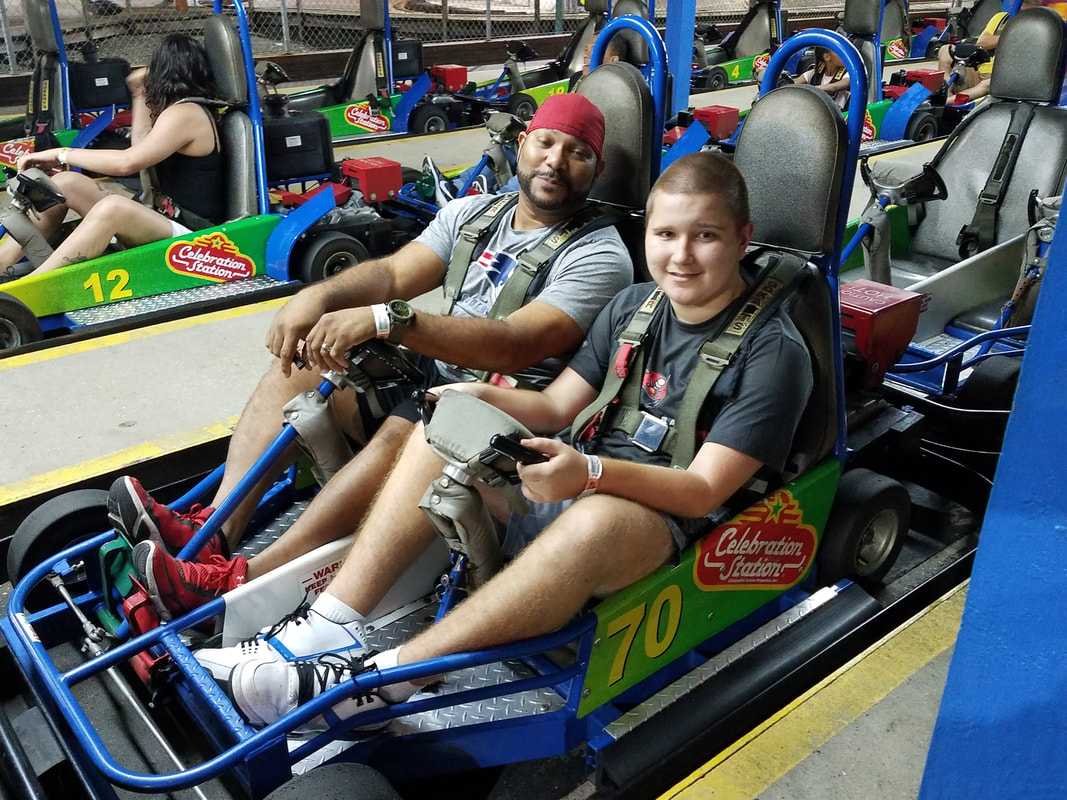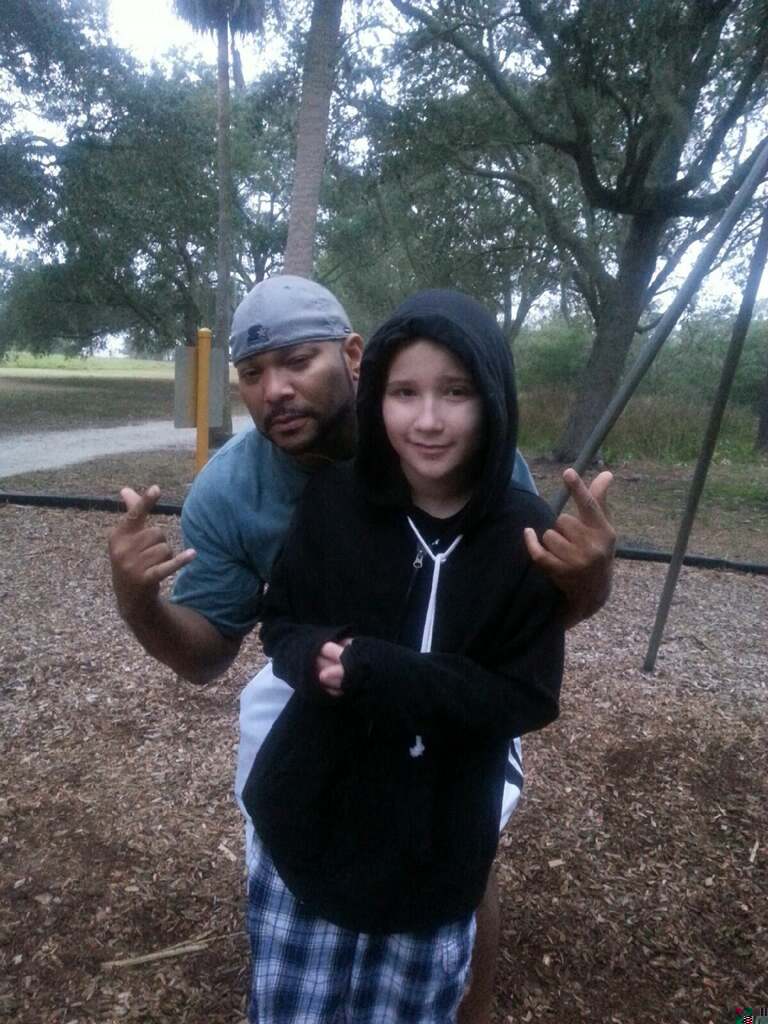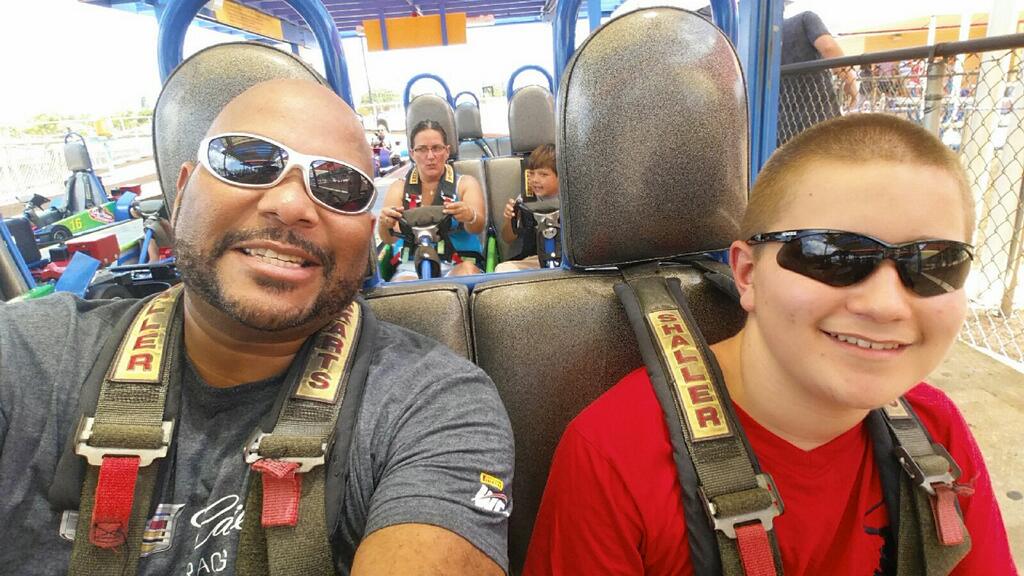1. Murderers of love: they single handedly destroyed a happy home.
2. Lack of compassion and understanding: because their alien leaders sent them here without proper training, they don’t understand alone-time needed with parents. Actually, they don’t understand any human emotions.
3. Parent Impostors: how dare they think they should have a say in child-rearing? They don’t really care anyway.
4. Professional Crooks: they plot to overtake the family’s entire inheritance. Their number one goal is to send the intrusive children into exile.
5. Dictators with evil plots of Totalitarianism: they just think they can come into a child's life and take over everything.
There are numerous crimes that step-parents have been allegedly charged with, but these are the most common ones. I myself recall a few run-ins with step-dad issues, but none of them led me to believe that all step-parents are from the dark side. But this post isn’t about the negative myths that come with step-parenthood. It’s about honoring the step-moms and dads that have stepped up beyond the call of their duty, because it was driven by love.
Learn about the disability
Patience is Key
Sensitivity and Understanding is a must
Richie moans loudly and repeats the same phrases (he fixates on movie scenes or songs) over and over again, sometime for hours at a time, and it doesn't faze Kirk. Richie will run back and forth throughout the house, and we all just let him be. It’s important for all children to be themselves at home.
Be Supportive
When it comes to loving a child with a disability, many others might head for the hills, as nature compels people to fear what they don’ t understand. However, this post is about extraordinary people with benevolent souls.
Home and family life is anything but easy, things won’t always go smoothly, and perfection has no place in defining everyday living. Having family members who work hard to adopt these virtues and values is a gift to be cherished. I cherish mine every day. I learned at a young age, that relationships are fragile. Whether marital, family, friendly, or professional, all relationships are like pieces of thread. Some threads, when tested, break easily. Some threads surprise you with their incredible durability, flexibility, and strength. Kirk surprises us still, as he is the strongest piece of thread we’ve ever known.









 RSS Feed
RSS Feed